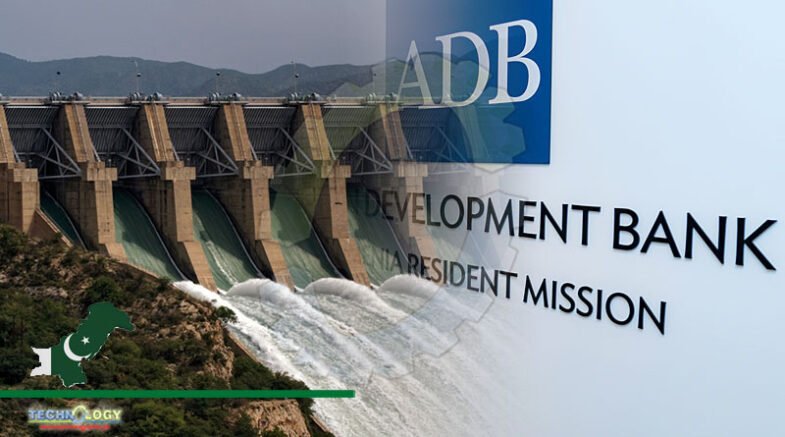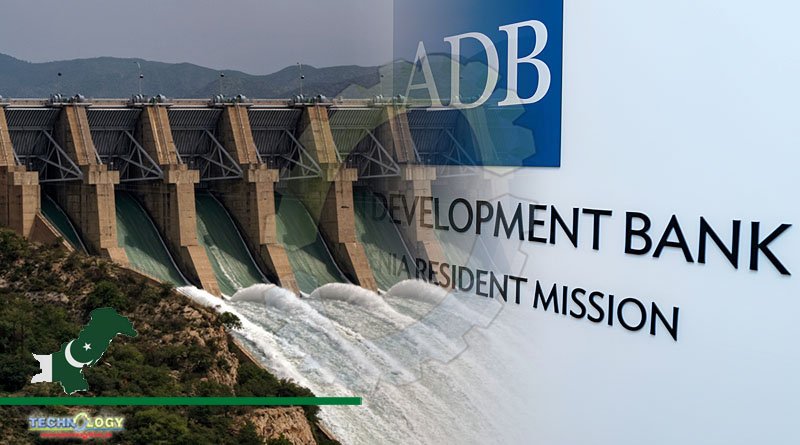Transport, energy, urban development, climate resilience, disaster preparedness, and food security were listed by Zhukov as priority sectors for financing.

The Asian Development Bank (ADB)’s Country Partnership Strategy (CPS) for Pakistan, which is currently under development, is expected to lay the foundation for a larger climate portfolio in the coming five years, according to Yevgeniy Zhukov, director general of the ADB for Central and West Asia.
He spoke about the Country Partnership Strategy, the main framework used by the Manila-based lending organisation to design operations to deliver development results at the country level, at a press conference held in conjunction with the ADB’s 56th Annual Meeting in Incheon, South Korea.
He added that, according to a statement from the ADB, Pakistan was at the top of the list of countries where project financing would be the most abundant in 2023.
Transport, energy, urban development, climate resilience, disaster preparedness, and food security were listed by Zhukov as priority sectors for financing. According to him, “projects are in the pipeline and will be completed soon, after which total financing will be estimated.”
Furthermore, according to Zhukov, the ADB is collaborating with the Pakistani government to investigate an energy transition mechanism, which is a scalable project that uses commercial and concessional funding to retire or repurpose existing coal and other fossil fuel plants on an accelerated schedule in order to replace them with clean power capacity.
A regional climate change strategy and action plan for central and West Asia was in the works, the ADB official added, and projects related to energy, agriculture, and transportation would receive the majority of the organization’s climate financing in the region.
He continued by saying that the ADB has increased its goal of providing at least $100 billion in climate financing to Asia and the Pacific for the years 2019 through 2030.
According to a statement from the lending institution, the ADB committed $6.7 billion in climate financing in 2022, with more than $890 million going to central and west Asia. The statement also made reference to a study that the ADB published today.
ADB statement noted that the study, titled “Supporting Regional Actions to Address Climate Change,” warned that a lack of water would make Pakistan more dependent on foreign food supplies and put a large number of people at risk of food insecurity by increasing the risk of desertification and decreasing agricultural productivity.
The Central Asia Regional Economic Cooperation (CAREC) region, which includes Central Asia, Mongolia, Pakistan, China, and the South Caucasus, is predicted to be severely impacted by climate change, the study said.
According to the study, Pakistan, Georgia, and China are the only three countries in the CAREC region that have an ocean coastline, putting them at risk from anticipated sea level rise.
The biggest issues Pakistan is dealing with in relation to the effects of climate change are heatwaves, melting glaciers, water shortages, and both droughts and floods.
Increased desertification, increased water scarcity, and more extreme weather events like floods and droughts are all likely to result from higher-than-average temperature increases, the report continues. The study claims that the CAREC region contributes to carbon emissions that cause climate change and is extremely vulnerable to its effects, which have significant regional implications.
